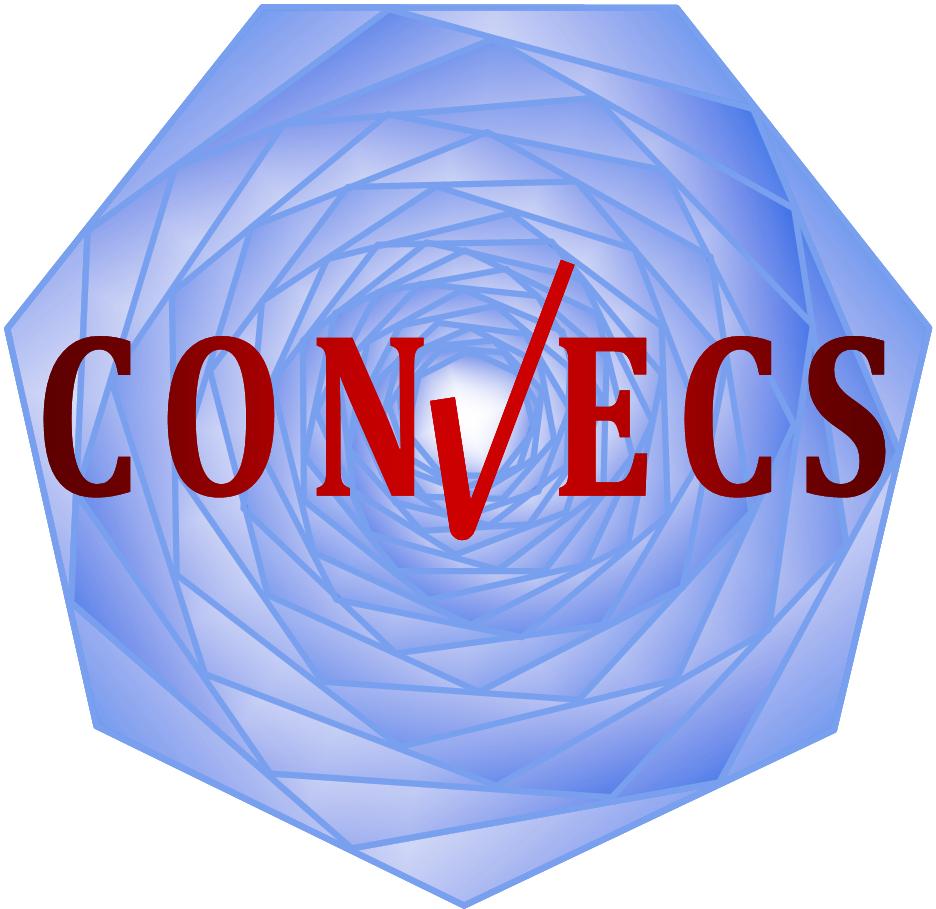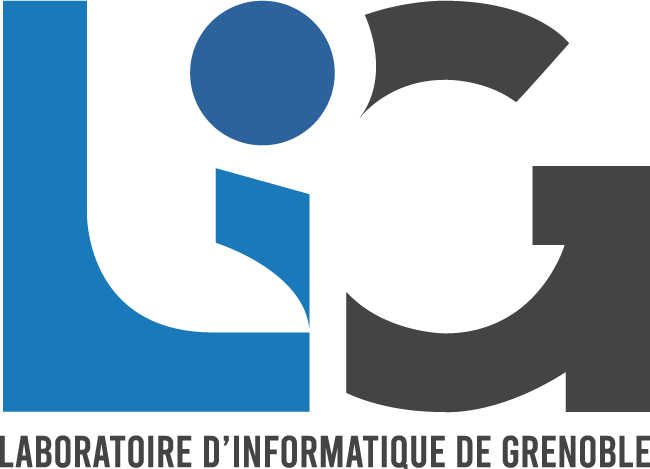
|

|

|
Beware! This job offer has been fulfilled and is no longer valid.

|

|

|
The CONVECS team of Inria and LIG and the ERODS team of LIG
are recruiting a PhD student
Start date: September 2012
Type of contract: Fixed term contract (CDD) for 3 years.
Salary: About 1600 EUR net per month (1950 EUR gross), health insurance included (French Social Security system).
Location: This thesis project will be carried out at the Inria Montbonnot site, about 10 kilometres from Grenoble.
Subject: « Rigorous design of cloud applications using formal methods »
Objectives:
Cloud applications are often complex distributed applications composed of multiple software running on separate virtual machines. Such applications benefit from several services provided in the cloud, like database storage, load balancing, and so on. However, setting up, (re)configuring, and monitoring distributed applications in the cloud is a real burden since a software may depend on several remote software and virtual machine configurations. These management tasks involve many complex protocols, which fully automate them while preserving application consistency. In addition, some of these tasks are executed in parallel and resist failures. These characteristics of the management tasks (full automation, robustness, parallel execution, failure resistance) complicate their development compared to classic software. Therefore, the design of such applications must be very rigorous, requiring the use of formal methods equipped with efficient verification tools.
CONVECS is a research team of Inria and the LIG laboratory. Its areas of expertise lie on formal verification techniques and tools for asynchronous concurrent systems. CONVECS is involved in several research directions: providing formal specification languages for describing concurrent systems; enhancing temporal logics and verification tools; fighting state explosion; designing generic components for verification, test, and performance evaluation; and demonstrating the applicability of its methods and tools on real-life applications with academic and industrial partnership. In particular, the members of CONVECS have been developing the CADP verification toolbox for about 20 years. CADP is dedicated to the design, analysis, and verification of asynchronous systems consisting of concurrent processes interacting via message passing.
ERODS is a new research team of the LIG laboratory, associated with CNRS, Grenoble INP and UJF. The goal of ERODS is to study the construction and the management of cloud systems. Based on large scale environments involving a broad range of multicore servers and end-user devices, cloud computing is defined as the capacity to deliver IT resources and services automatically on demand over the network. The activity of ERODS focuses on the following scientific goals: self-management, by integrating automation within cloud environments, with the intent of providing the controllability of SLA criteria for performance and robustness; distributed runtime support, by providing system support through advanced distributed algorithms, enhanced replication protocols, and extended runtimes to build efficient and robust cloud infrastructures; virtual machine, by collapsing the various virtualization layers of cloud infrastructures (high-level virtual machine, middleware, operating system, and hypervisor) into one modular platform in order to rationalize the overall design, avoid redundancy, improve observability, and increase the end-to-end performances and their controllability.
This PhD thesis will be part of the OpenCloudware project funded by the FSN (Fonds national pour la Société Numérique). The project is led by France Telecom / Orange Labs (Meylan, France) and involves 18 partners (among which Bull, Ow2, Thalès, Inria, etc.). OpenCloudware aims at providing an open software platform enabling the development, deployment, and administration of cloud applications. The aim of this thesis is to contribute to the effort of designing and analyzing the self-deployment and self-management protocols in cloud computing developed in the context of OpenCloudware.
Work proposed and expected results:
The candidate will complete the following tasks, among others:
Required skills and profile:
Contacts:
All questions concerning this thesis project should be addressed to:
 |
Mr. Gwen Salaün Inria Grenoble - Rhône-Alpes / CONVECS Inovallée 655, avenue de l'Europe 38330 Montbonnot Saint-Martin Tel : +33 (0)4 76 61 55 11 E-mail : Gwen.Salaun@inria.fr |
or |
Mr. Noël de Palma Inria Grenoble - Rhône-Alpes / ERODS Inovallée 655, avenue de l'Europe 38330 Montbonnot Saint-Martin Tel : +33 (0)4 76 61 55 16 E-mail : Noel.dePalma@imag.fr |
Application content:
Application submission:
Applications should be addressed directly to Gwen Salaün, preferably by e-mail, mentioning the position number #2012E. Applications received after August 15, 2012 might not be considered if a candidate has been selected already.